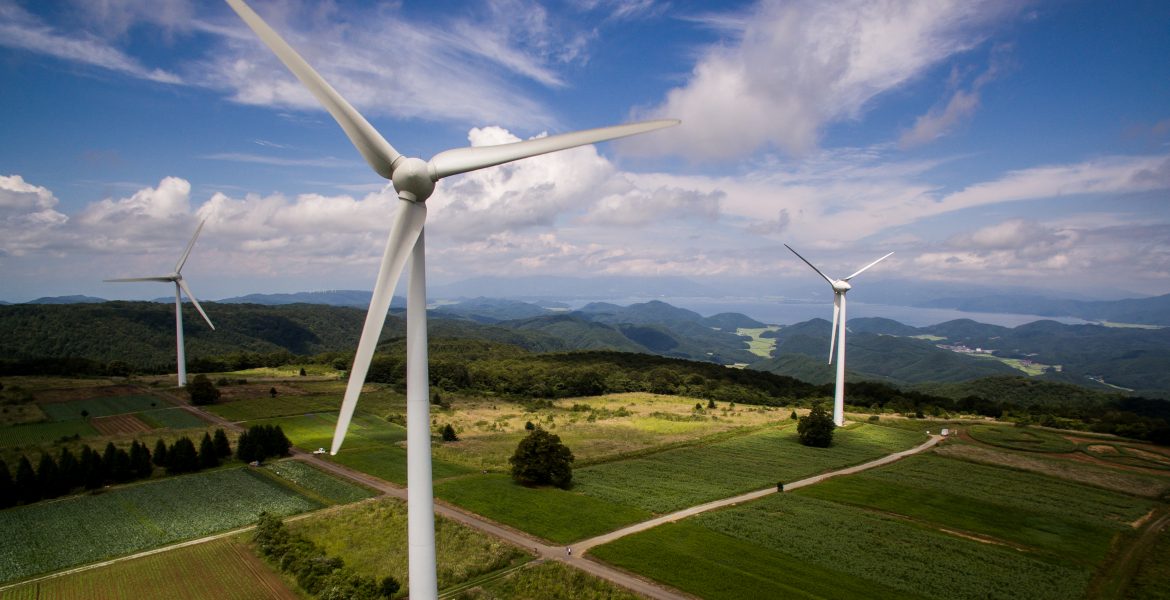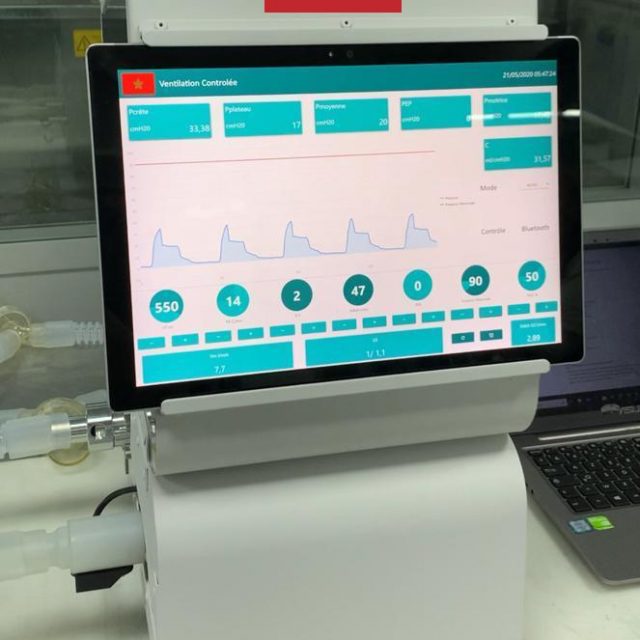While the focus in the EU is on the New Green Deal and making sure that the policies and regulatory framework are in place to help the EU members on the pathway to net zero, on the EU’s borders the commitment to renewables and decarbonisation is less clear, writes Jock Mendoza Wilson.
To the east in Kyiv, the Ukrainian government has announced its intention to follow the EU’s green lead. The Kyiv government is also taking steps to close tax loopholes and grey schemes to ensure those who are not currently paying taxes, make their contribution to the national budget. However, at least one element of their proposed legislation (law number 5600) is giving cause for concern with investors and the international community. This is the eye-brow raising proposal to introduce an excise tax on green energy.
This is a surprising and ill-advised move for a number of reasons, so consequently there is already has a broad coalition of international investors and Ukrainian investors (including SCM’s DTEK) raising the alarm. Indeed all industry associations in the renewables sector (EUEA, UWEA, UARE) as well as business associations, strongly oppose Draft Law 5600 and the excise tax on green energy it proposes and have sent formal letters to the Cabinet of Ministers and the Parliament. Further, the EBRD, Energy Community Secretariat and Black Sea Trade Development Bank sent a joint letter Parliament on 22 June warning against the move.
Placing tax on a sector which is leading the drive to a greener, lower carbon economy and Ukraine’s future energy security flies in the face of both broader Ukrainian government policy, which is seeking greater investment in energy to help transform the sector, integrate with the EU transmission system and to be a champion in region for green energy and carbon emission reductions.
The proposed excise tax on green energy is just another ill-judged step in the long running saga of Ukraine’s desire to stimulate much needed foreign direct investment in the energy sector and other areas of the economy. As has been well documented, the dispute over the level of feed-in tariffs led to serious fall out with international investors and a loss of trust in the government just at a time when the government had set an ambitious plan to increase Foreign Direct investment and use this as the engine for economic growth. As we now know, after much wrangling and arm-twisting, a deal was finally agreed between investors and the government at the end of last year. This agreement guaranteed the repayment of the debt to renewable energy producers of UAH 22.4 billion by December 31, 2020, but as of June 30, 2021, only UAH 4.6 billion has been repaid. Settlements for renewable energy in 2021, despite the tariff reduction, are still not paid in full. In the first quarter – 93%, for April – 72%, for May – 66% of monies due were paid. Trust as you can imagine is in short supply.
So having damaged investor confidence and trust in Ukraine, initially by going back on tariff commitments, the government has also yet to pay investors for green energy delivered in 2020 and is now behind in payments for 2021. On top of this, they plan to introduce an excise tax of 3.2% on green energy, further undermining the investment attractiveness of the sector, and holding back decarbonisation. But why does this matter? Well this approach has consequences for Ukraine that reach far beyond the breach of trust with energy investors and with the EU. The continued attack on the sector is undermining future investment in an area which was seen as ripe with potential for investment, energy transformation, job creation and a positive case study for investors to come the the country. In short, it sends a concerning message to the investment community and to Ukraine’s EU and transatlantic partners that in Ukraine promises and guarantees are no delivered on. Capital risk is therefore much higher as a consequence and investment will be lower.
With the global attention on climate change in advance of the UN led CoP26 talks later this year, as well as the emphasis placed on the need to move renewable energy resources and cut carbon emissions by the US and the EU, Ukraine is again out of step with its international partners. In the energy sector at least, an area which is of great strategic importance and watched closely by her supporters, donors, investors and strategic partners, Ukraine is once again saying one thing while doing another. This will have real and negative consequences measured in lost investment, taxes, and jobs. Again, for this mismanagement ultimately the ordinary citizen will pay the price. So while ensuring that taxes are paid is a sound objective, raising an excise tax on green energy is not. This counter-productive policy should be rethought before irreparable damage is done both to the sector, to Ukraine’s investment climate and to its green credentials.

The Author, Jock Mendoza Wilson, is the Director of International and Investor Relations for System Capital Management.




